Popular games for platform PocketStation
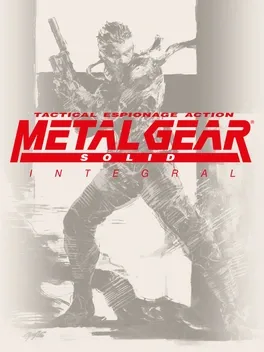
Metal Gear Solid: Integral is an expanded version of the original game. It includes most of the changes and additions that were made in the NTSC-U/C version of the original Metal Gear Solid as well as new features and changes of its own, including a third disc consisting almost entirely of VR training missions.
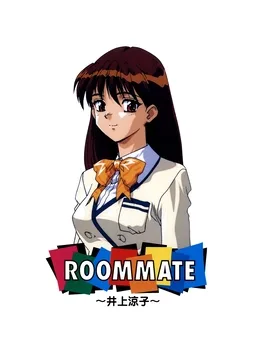
Roommate: Inoue Ryōko is a love-simulation adventure game and the first title in the Roommate series. The player can freely move about the apartment, and the game mostly consists of voiced dialogue sequences where the player interacts with Ryōko and can respond to her via multiple-choice answers. Unlike many such games, the two weeks of the in-game story progress in real time using the Saturn's internal clock (or the PocketStation in the PlayStation version), and the time and frequency of the player's visits will affect the events that occur and the protagonist's relationship with Ryōko, leading to several different endings. In Roommate Ryoko you have three years to develop a relationship with her. Using a truly innovative real-time feature, the Saturn's internal clock affects how the game plays out. If you play during the day, she isn't around at times. Most of your "interfacing" with her occurs at night (welcome to the next level, indeed). Bad Three's Company allusions aside, there is a good bit of social interaction that goes on - you actually get to know her and have to reveal a lot about yourself. What is most impressive, though, is that the conversation is never recycled - there are thousands of things that Ryoko can say. Seasonal changes affect the game, and although it isn't played in real time, you must adjust your schedule in the game to hers to catch her (this is done by leaving her notes on your shared white board). Don't get antsy and set the Playstation clock ahead though; the Playstation reads that "skipped" time as time you didn't spend talking to Ryoko, and by the time you get to the "future," she'll have moved out. The graphics in Roommate look pretty good - forget polygons or texture mapping though; everything here is drawn two-dimensionally with special attention to detail. The sound is also pretty sharp because Ryoko actually speaks a lot of her dialogue (while it is correspondingly displayed onscreen). Unfortunately though, the gameplay almost entirely consists of listening to your new roommate and picking an appropriate thing to say (a lot like your freshman year of college really).
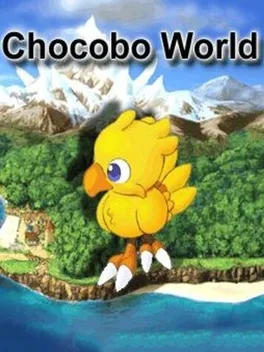
Chocobo World is a PocketStation game compatible with Final Fantasy VIII. The player controls Boko the Chicobo, who embarks on a quest to find MiniMog, and is assisted by Moomba and Cactuar. As PocketStations were never released outside of Japan, international PlayStation owners could not play this game, but its connection to the main game was still programmed into every localization of Final Fantasy VIII, so it is possible to play the game by buying a PocketStation from Japan.
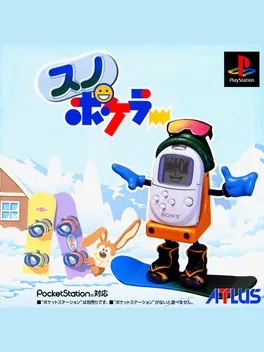
Sno Pokeler allows the player to accessorize his PocketStation (not included with the game) and create your own Pokeler with accompanying Playstation 1 software. The player can customize his Pocketstation with different themes, characters faces, tones, etc. The PocketStation is a peripheral by Sony Computer Entertainment for the PlayStation home video game console. Categorized by Sony as a miniature personal digital assistant, the device features a monochrome liquid crystal display (LCD), infrared communication capability, a real-time clock, built-in flash memory, and a sound capability. Connecting to a PlayStation through a memory card slot, the PocketStation also functions as a PlayStation memory card. It was released exclusively in Japan on January 23, 1999. Software for the PocketStation was typically distributed as extras for PlayStation games, included in the CD-ROM, enhancing the games with added features. Stand-alone software could also be downloaded through the PlayStation console. The software is then transferred to the PocketStation for use. A built-in infrared data interface allows direct transfer of data such as game saves between PocketStation units, as well as multiplayer gaming.
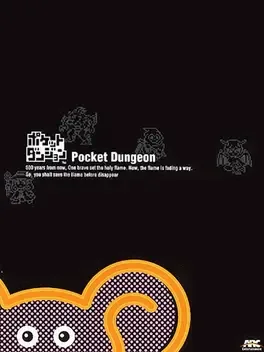
An RPG for Sony's Japan-exclusive PocketStation peripheral.
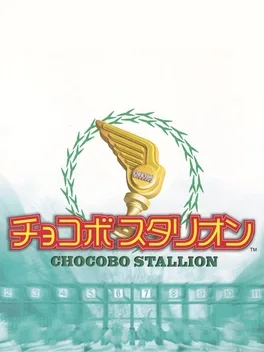
A Japan-only game centering around the Chocobos. The game was inspired by the Chocobo racing minigame at the Gold Saucer in Final Fantasy VII. The racing gameplay is similar, but has its own independent story that is not related to Final Fantasy VII. The player must train a chocobo and race against other computer controlled chocobos.
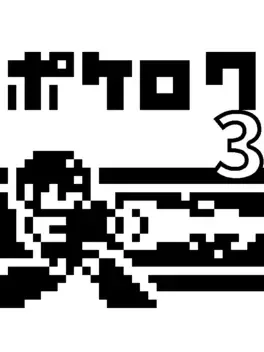
PokeRoku 3 is a minigame pack which could be downloaded from Rockman Complete Works: Rockman 3. It contains the minigames: Go Go Rush!!: an obstacle race minigame featuring Rush; Janken de Battle: a Janken minigame.
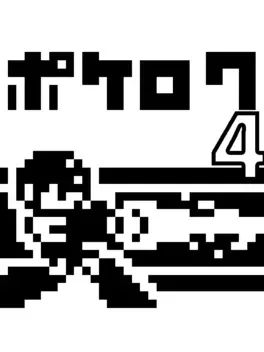
PokeRoku 4 is a minigame pack which could be downloaded from Rockman Complete Works: Rockman 4. It contains the minigames: Get Eddie: an arcade minigame featuring Eddie; Janken de Battle: a Janken minigame.
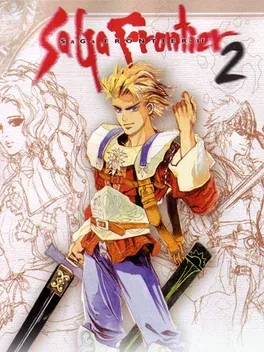
Shape History or Be History Select and control decisive moments during decades of royal conflict. Magic, revenge, and assassination will all play a part in determining who will obtain the country and the crown. -Create a unique history with Multi-Scenario System -Influence a variety of characters in an epic saga -Experience hand-painted watercolor artwork -Play Duel, Team, or Strategic battle modes -Choose from various, realistic sword maneuvers during combat -Form hundreds of possible combo attacks -Cast powerful and spectacular magic attacks
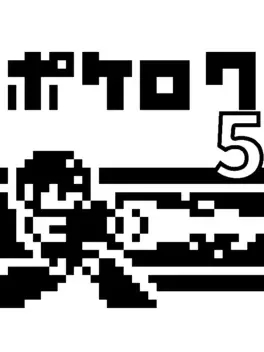
PokeRoku 5 is a minigame pack which could be downloaded from Rockman Complete Works: Rockman 5. It contains: Break!! Beat: a balloon popping minigame featuring Beat; Janken de Battle: a Janken minigame.
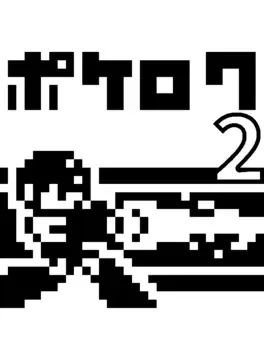
PokeRoku 2 is a minigame pack which could be downloaded from Rockman Complete Works: Rockman 2. It contains the minigames: Tatakae! Rockman: a shooting minigame; Janken de Battle: a Janken minigame.
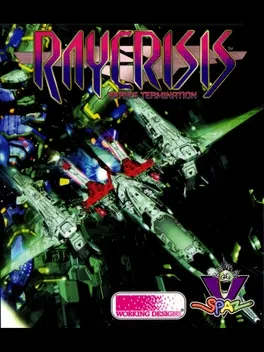
RayCrisis, known as RayCrisis: Series Termination in North America, is the third game released in the "Ray" series of Taito shooting games. Chronologically, it is considered a prequel to the first game, RayForce. First released for arcades in 1998, it supported co-op mode for two players, which the PlayStation ports released in 2000 lack; these ports are the only games in the "Ray" series to lack co-op.
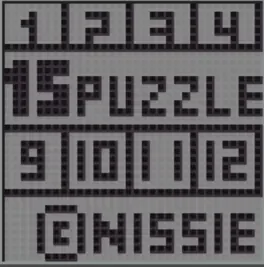
A homebrew application for the PocketStation developed by Aki H.Nissie. A simple 15-slot puzzle game.
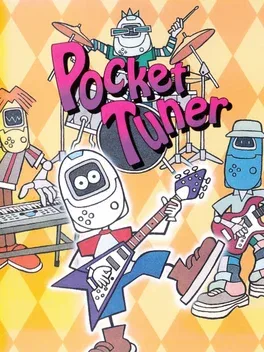
Pocket Tuner is a collection of mini games with a music theme like Pocket Pitch, Beat Trainer, Beat Keeper, Interval Exam, etc designed to be also used in the PocketStation device. All those modes features quiz questions to test the player skills.
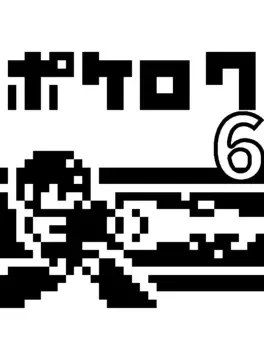
PokeRoku 6 is a minigame pack which could be downloaded from Rockman Complete Works: Rockman 6. It contains: Rockman Dash!: a side-scrolling action game featuring Mega Man; Janken de Battle: a Janken minigame.
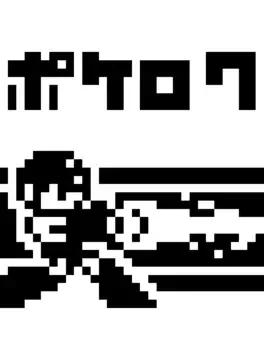
PokeRoku is a minigame pack which could be downloaded from Rockman Complete Works: Rockman. It contains the minigames: Cut Man wo Ute ("Strike Cut Man"): a Whack-a-mole minigame featuring Cut Man; Janken de Battle: A Janken minigame.
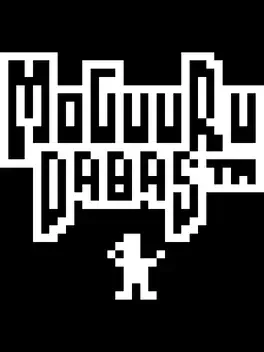
A minigame for the PocketStation via The Legend of Dragoon. Play as Dabas, digging underground to collect various treasures. Fight creatures and bosses to get more rewards, then send it all back to Legend of Dragoon. Rewards include consumable items, gold, and accessories.
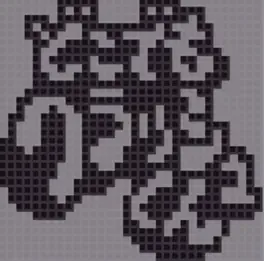
A game for the Japan-exclusive PlayStation peripheral, the PocketStation. To access it, the player must connect their PocketStation to a NTSC-J PlayStation with a Japanese copy of Crash Bandicoot: Warped in it. It takes up 12 out of 15 blocks of memory on the PocketStation.